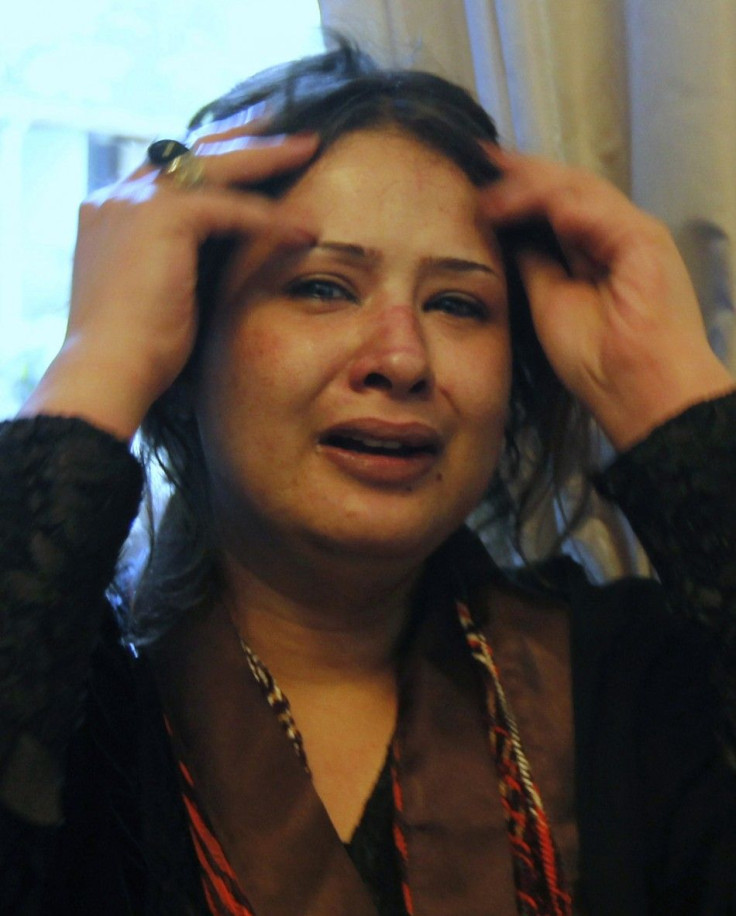Alleged Rape Victim From Libya Arrives in U.S.

Eman al-Obaidy, an alleged rape victim from Libya who fled the country and is currently staying in the U.S., remained tight-lipped though she publicly accused Libyan leader Moammar Gadhdafi's forces of gang-raping her in March.
After spending 54 days in a U.N. High Commissioner for Refugees facility in Romania, Obaidy arrived in New York late on Wednesday night, then boarded a flight to the destination where she will reside, according to CNN.
Obaidy fled to Tunisia in May with the help of a defecting military officer and Libyan rebels. There, she stayed temporarily in Qatar before she was deported back to Benghazi in Libya in early June.
She was granted refuge in the United States, and on June 6 arrived at the U.N.refugee facility in Romania, said the report.
The report said she expressed her excitement about being in U.S. and her gratitude to Secretary of State Hillary Clinton, whom she hopes to meet someday.
Other than her brief conversation with a CNN producer, she refused to speak to the media.
Earlier on March 26, Al-Obaidy stormed into a Hotel called Rixos in Tripoli, Libya, where journalists from all over the world were having breakfast. She shouted out that she had been taken from a checkpoint and held against her will for two days while being beaten and raped by 15 of Gaddafi's soldiers.
When the journalists gathered around her to hear her story, the government officials and hotel staff bundled her in to a car and drove her away, which led to a brawl in which several journalists were beaten. Later while giving interviews to media, she spoke explicitly about her encounters in Libya and said she would never feel safe again in that country.
© Copyright IBTimes 2024. All rights reserved.











